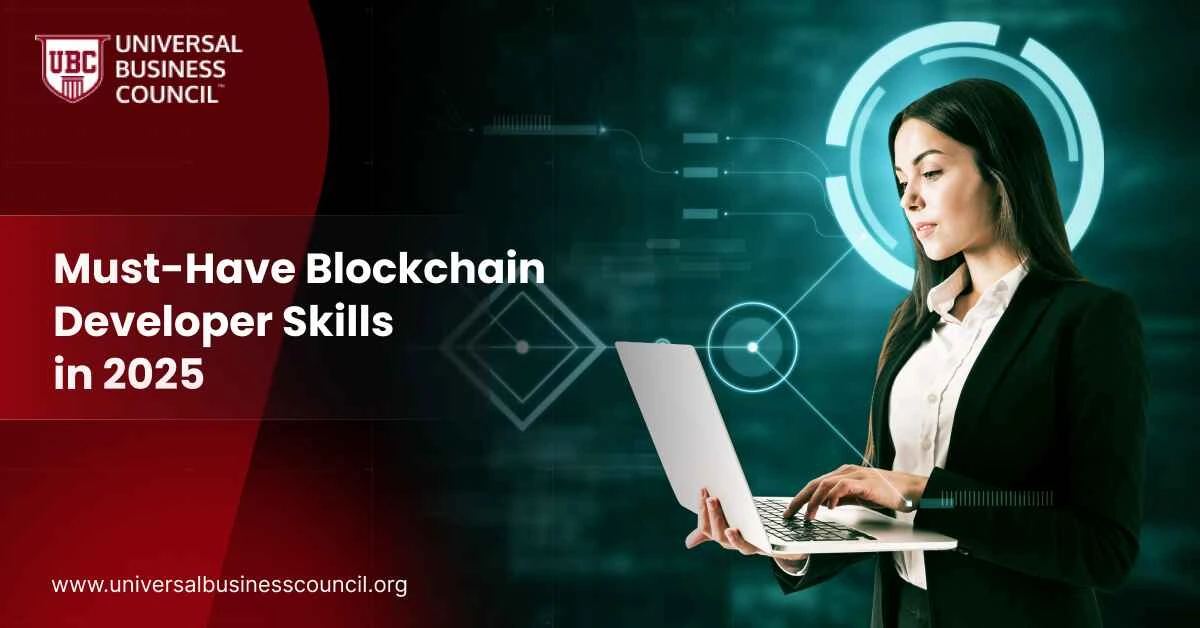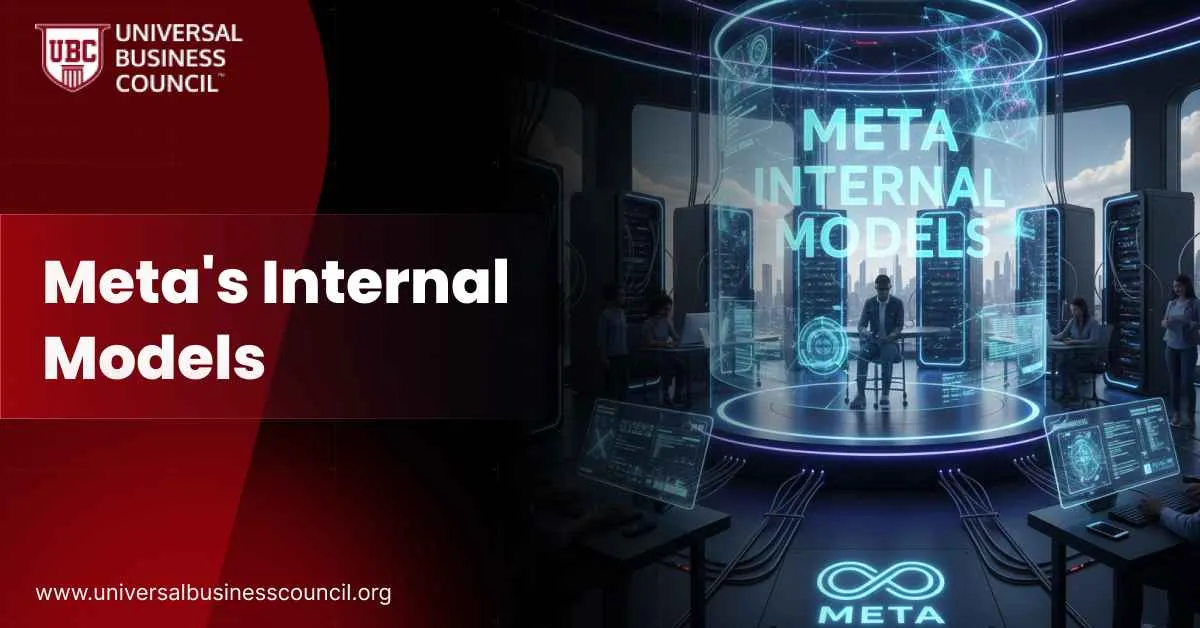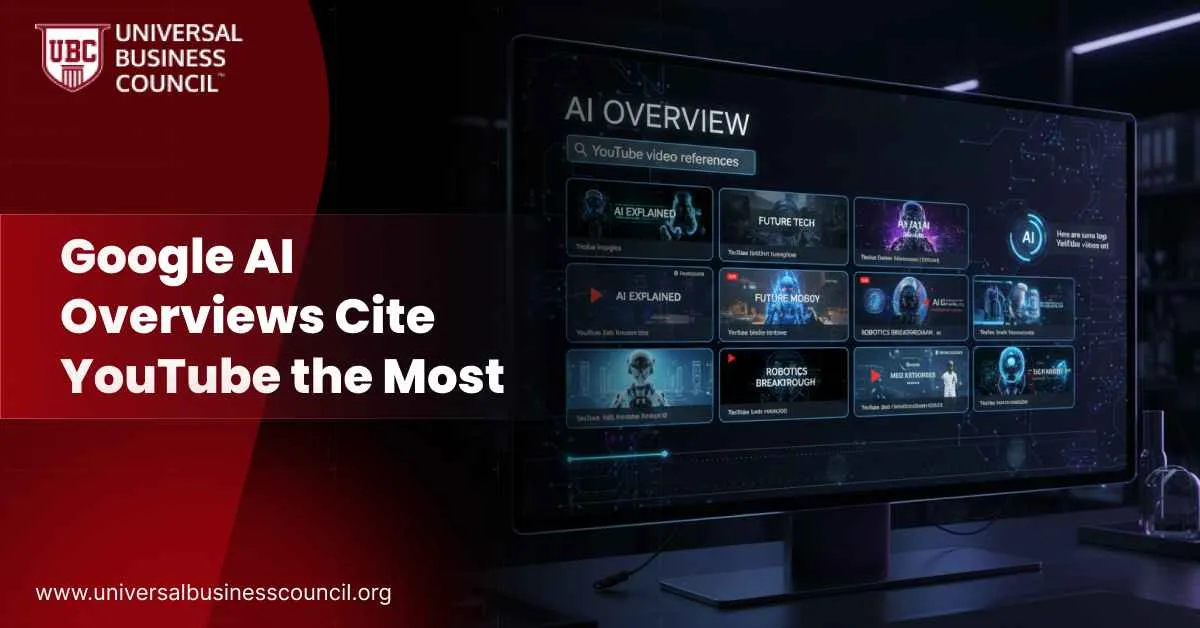
1. Understanding Blockchain Basics
Before diving into coding, every developer must understand how blockchain works. This includes the structure of blocks, how data is stored, and how distributed ledgers function. You should also know about public vs private blockchains and what decentralization really means. Knowing these basics helps you build systems that are reliable and secure. It also helps you explain your work to non-technical stakeholders.2. Cryptography Skills
Blockchain is built on cryptography. As a developer, you need to know how cryptographic techniques are used to secure data. This includes:- Hash functions like SHA-256
- Public and private key encryption
- Digital signatures
- Merkle trees
3. Data Structures
Blockchains rely heavily on specific data structures. These include:- Linked lists
- Hash maps
- Patricia trees
- Merkle trees
4. Smart Contract Development
Smart contracts are one of the most in-demand areas of blockchain development. They automate transactions and enforce rules without needing intermediaries. Ethereum made this popular with Solidity, but now many blockchains support smart contracts. As a developer, you should:- Learn Solidity and Vyper for Ethereum
- Explore Rust for Solana and Near
- Understand how smart contracts are tested and deployed
- Be familiar with gas optimization
5. Programming Languages
You don’t need to learn every language, but here are the ones that matter most in blockchain:- Solidity – For Ethereum smart contracts
- JavaScript – For frontend development of dApps
- Python – Great for scripting and backend services
- Go – Popular in projects like Hyperledger Fabric
- Rust – Used in performance-focused blockchains like Solana and Polkadot
- C++ – Core to Bitcoin and EOSIO
6. Blockchain Platforms
Different platforms serve different purposes. A strong developer understands multiple platforms and their strengths. Some major platforms to learn:- Ethereum
- Solana
- Hyperledger Fabric
- Polkadot
- Avalanche
- Corda
7. Web Development for dApps
A blockchain developer doesn’t just work on backend code. Many also build full dApps (decentralized applications). That means you should know:- HTML and CSS
- JavaScript and frontend frameworks like React or Vue
- Web3.js or Ethers.js to connect your dApp to a wallet
8. Knowledge of DeFi and NFTs
Decentralized Finance (DeFi) and NFTs have changed what people build on blockchain. A modern developer should understand:- How DeFi protocols like lending, staking, or yield farming work
- NFT standards like ERC-721 and ERC-1155
- How to mint NFTs and build marketplaces
- The basics of tokenomics
9. Security Best Practices
Smart contracts are hard to change once deployed. Bugs can cost millions. That’s why security is critical. Important skills include:- Writing secure code to avoid reentrancy or overflow attacks
- Using auditing tools like MythX or Slither
- Understanding how to manage private keys and wallet security
- Following secure deployment practices
10. Soft Skills That Matter
Blockchain is a fast-changing field. Being good at code isn’t enough. You also need:- Problem-solving – Blockchain systems are complex. You’ll face unexpected bugs and design problems.
- Communication – You might work with a remote team or explain technical terms to non-tech people.
- Adaptability – Tools and standards change quickly. What worked last year might be outdated today.
- Attention to detail – A single wrong value in a smart contract can break the entire app.
Technical Skills Every Blockchain Developer Needs
| Skill | Why It Matters |
| Blockchain Basics | Understand how decentralized systems work |
| Cryptography | Secure data, sign contracts, verify identities |
| Data Structures | Organize and verify data on-chain |
| Smart Contracts | Automate processes without third parties |
| Solidity / Rust / Go | Write efficient and secure blockchain code |
| Blockchain Platforms | Know where and how to deploy your solutions |
| Web Development (React) | Build dApps people actually use |
Soft Skills You Need as a Blockchain Developer
| Soft Skill | Role in Your Career |
| Problem-Solving | Helps you debug and design better systems |
| Communication | Makes teamwork smoother and more effective |
| Adaptability | Keeps you updated in a fast-moving industry |
| Attention to Detail | Ensures your smart contracts run as intended |
How to Start Learning These Skills
You don’t need to learn everything at once. Start with the basics:- Understand how blockchain and smart contracts work
- Pick one language like Solidity or Python
- Join online communities and build small projects
- Explore platforms like Ethereum and Solana
- Stay updated through developer forums, GitHub, and hackathons



